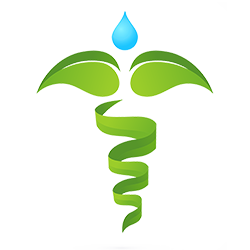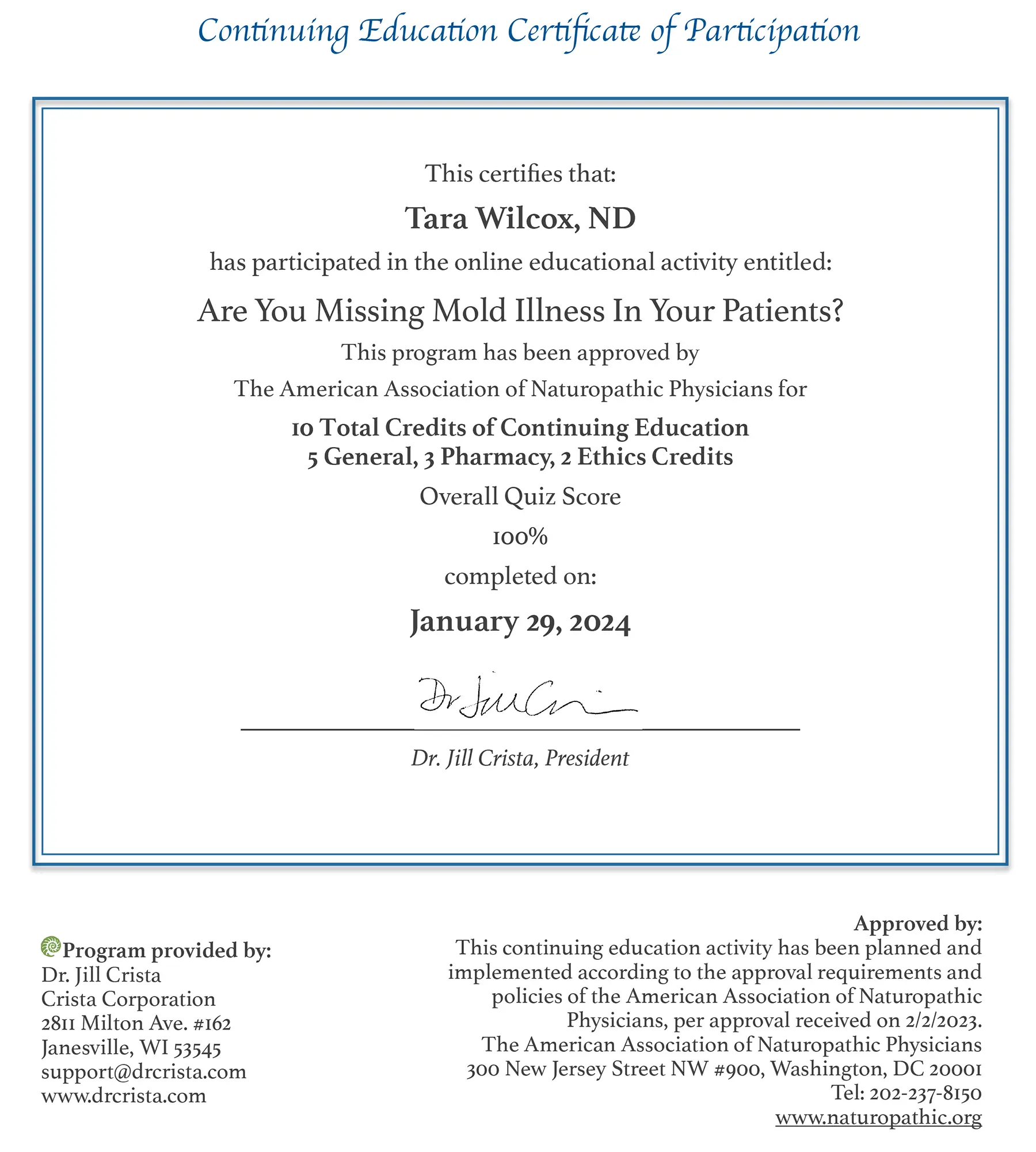Allergies can significantly impact your quality of life, causing discomfort and disrupting daily activities. While over-the-counter medications can provide relief, they often come with side effects. That’s why many people are turning to natural remedies to manage their symptoms. Here are a variety of natural remedies that can help alleviate allergies and improve your overall well-being.
Understanding Allergies
What are allergies?
Allergies occur when your immune system reacts to a foreign substance, such as pollen, pet dander, or certain foods. These substances, known as allergens, are typically harmless to most people. However, for those with allergies, the immune system mistakenly identifies them as threats and releases chemicals like histamines to combat them, leading to symptoms such as sneezing, itching, and congestion.
Common allergens
Some of the most common allergens include:
- Pollen from trees, grasses, and weeds
- Dust mites
- Mold spores
- Pet dander
- Certain foods, such as nuts, dairy, and shellfish
Benefits of Natural Remedies
Why choose natural remedies?
Natural remedies offer several benefits over conventional treatments. They tend to have fewer side effects, are often more cost-effective, and can provide a holistic approach to health by addressing underlying issues rather than just symptoms.
Comparisons with conventional treatments
While conventional treatments like antihistamines and decongestants can provide quick relief, they may cause drowsiness, dry mouth, and other side effects. Natural remedies, on the other hand, work with your body’s natural processes to provide longer-lasting relief without the unwanted side effects.
Dietary Changes for Allergy Relief
Anti-inflammatory foods
Incorporating anti-inflammatory foods into your diet can help reduce allergy symptoms. These foods include:
- Fatty fish like salmon and mackerel, which are high in omega-3 fatty acids
- Leafy greens such as spinach and kale
- Berries, which are rich in antioxidants
- Nuts and seeds
Foods to avoid
Certain foods can exacerbate allergy symptoms. It’s best to avoid:
- Dairy products, which can increase mucus production
- Processed foods high in sugar and preservatives
- Alcohol, which can dilate blood vessels and worsen nasal congestion
Herbal Remedies
Local honey
Consuming local honey can help your body build up a tolerance to pollen in your area, potentially reducing symptoms.
Butterbur
Butterbur is an herb that has been shown to reduce inflammation and block histamines, making it effective for allergy relief.
Stinging nettle
Stinging nettle has natural antihistamine properties and can help alleviate symptoms such as sneezing and itching.
Essential Oils for Allergy Relief
Peppermint oil
Peppermint oil can help clear nasal congestion and improve breathing. Inhaling the vapors or using it in a diffuser can provide quick relief.
Eucalyptus oil
Eucalyptus oil has anti-inflammatory properties that can help reduce symptoms. Adding a few drops to a steam bath can be particularly effective.
Lavender oil
Lavender oil is known for its calming effects and can help reduce the stress that often accompanies allergies.
Probiotics and Gut Health
Importance of gut health
A healthy gut is essential for a strong immune system. Probiotics can help balance the gut microbiome, reducing the severity of allergic reactions.
Best probiotics for allergies
Some of the best probiotics for allergy relief include:
Lifestyle Changes
Reducing indoor allergens
Keeping your living space free of allergens can significantly reduce symptoms. Regular cleaning, using allergen-proof covers for pillows and mattresses, and keeping windows closed during high pollen seasons can help.
Air purifiers
Air purifiers can help remove allergens from the air, providing a cleaner breathing environment.
Regular cleaning
Dust and vacuum your home regularly to keep allergens at bay. Use a vacuum with a HEPA filter for the best results.
Hydration and Its Role
Importance of staying hydrated
Staying hydrated helps thin mucus, making it easier to expel and reducing congestion.
Best hydration practices
Drink plenty of water throughout the day. Herbal teas and broths can also help keep you hydrated.
Acupuncture
How acupuncture can help
Acupuncture can help balance the body’s energy and reduce inflammation, providing relief from allergy symptoms.
What to expect during a session
During an acupuncture session, thin needles are inserted into specific points on the body to stimulate healing. The process is generally painless and can be very relaxing.
Nasal Irrigation
Benefits of nasal irrigation
Nasal irrigation helps clear out mucus and allergens from the nasal passages, providing quick relief from congestion.
How to perform nasal irrigation
Use a saline solution in a neti pot or nasal spray bottle. Tilt your head to the side and pour the solution into one nostril, allowing it to flow out of the other.
Exercise and Allergies
Benefits of regular exercise
Regular exercise can help improve your immune system and reduce the severity of allergy symptoms.
Best types of exercise for allergy sufferers
Low-impact exercises like walking, swimming, and yoga are great for allergy sufferers. Avoid outdoor activities during high pollen counts.
Stress Management
Link between stress and allergies
Stress can worsen allergy symptoms by weakening the immune system. Managing stress is crucial for overall health.
Effective stress management techniques
Practice relaxation techniques such as deep breathing, meditation, and mindfulness to keep stress levels in check.
Home Remedies
Saltwater gargle
Gargling with saltwater can help soothe a sore throat and reduce mucus.
Steam inhalation
Inhaling steam can help clear nasal passages and relieve congestion. Add a few drops of essential oil for added benefits.
Final Thoughts
Natural remedies offer a safe and effective way to manage allergy symptoms. By incorporating these remedies into your daily routine, you can reduce your dependence on conventional medications and enjoy better overall health. Remember, it’s essential to consult with a healthcare professional before starting any new treatment regimen.
FAQs
Are natural remedies safe for everyone? Yes, but it’s always best to consult with a healthcare professional before starting any new treatment.
How long does it take to see results with natural remedies? Results can vary, but many people start to see improvements within a few weeks.
Can natural remedies be used alongside conventional treatments? Yes, natural remedies can often be used in conjunction with conventional treatments, but consult with your healthcare provider first.
What are the best natural remedies for seasonal allergies? Local honey, stinging nettle, and nasal irrigation are all effective for seasonal allergies.
How can I find out which natural remedy works best for me? Consult with a naturopathic doctor or allergist who can help you determine the best approach based on your specific symptoms.



